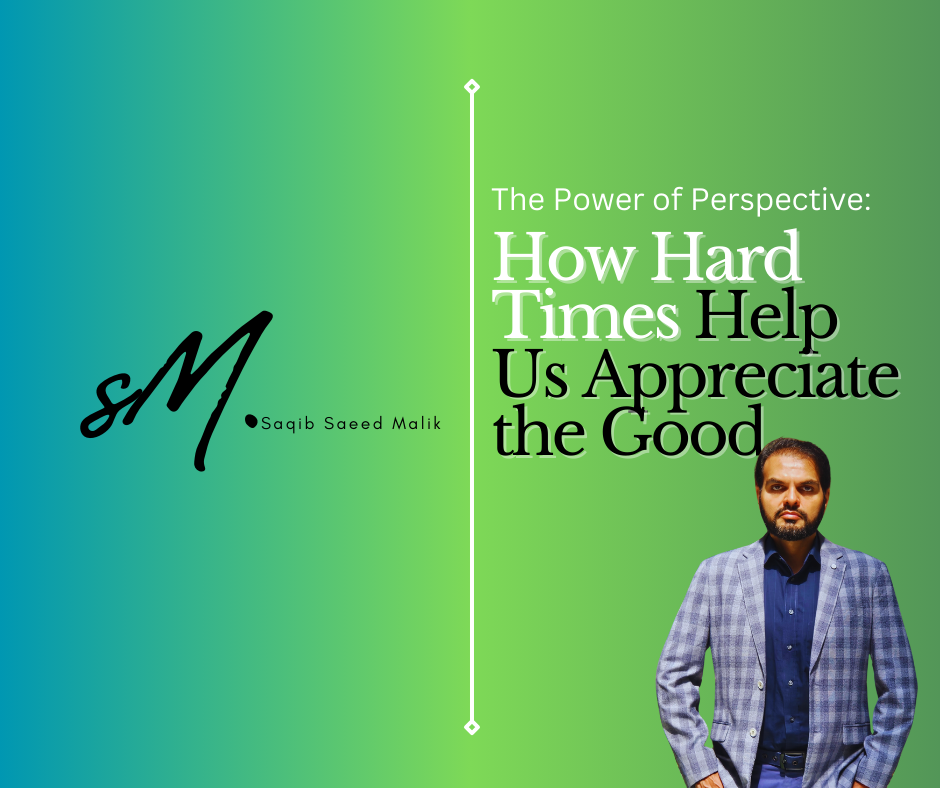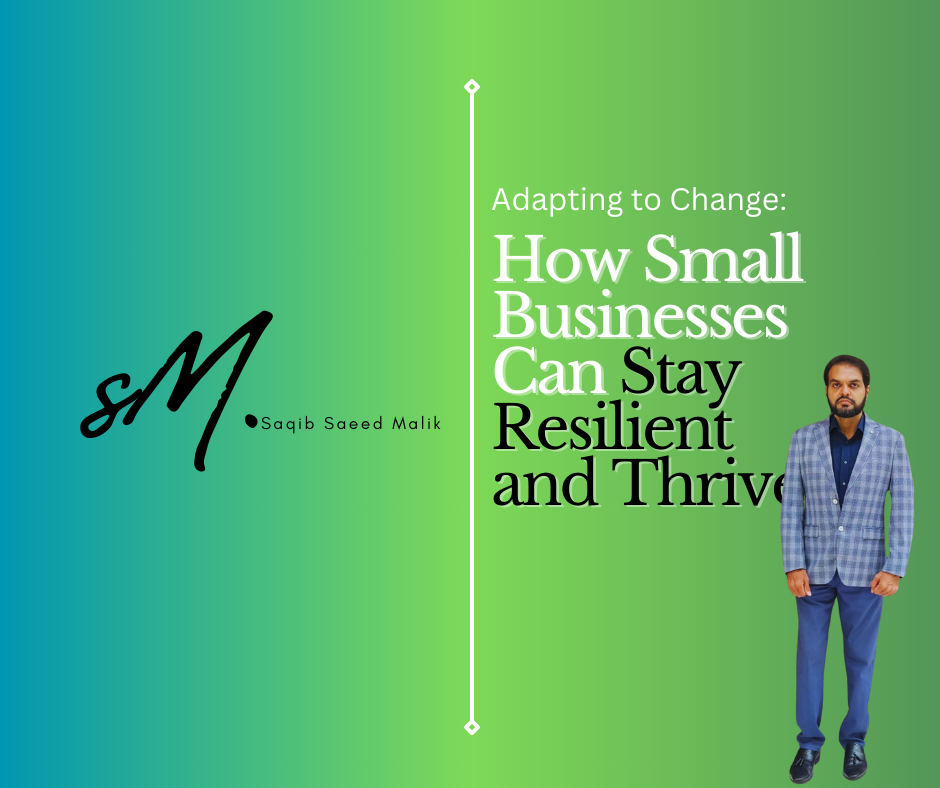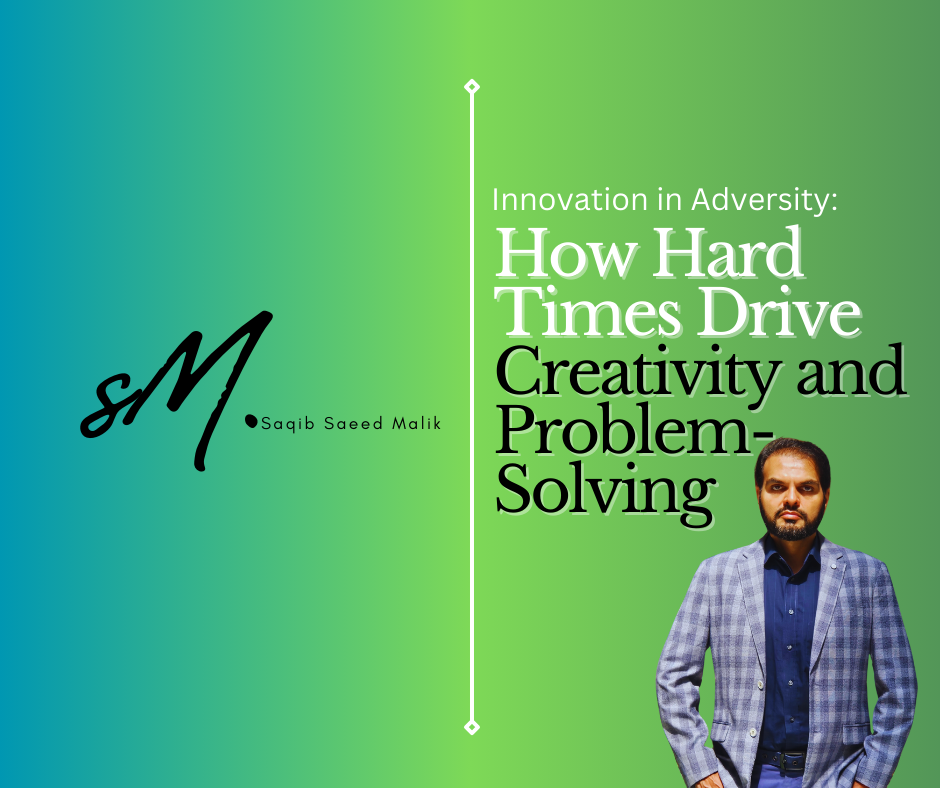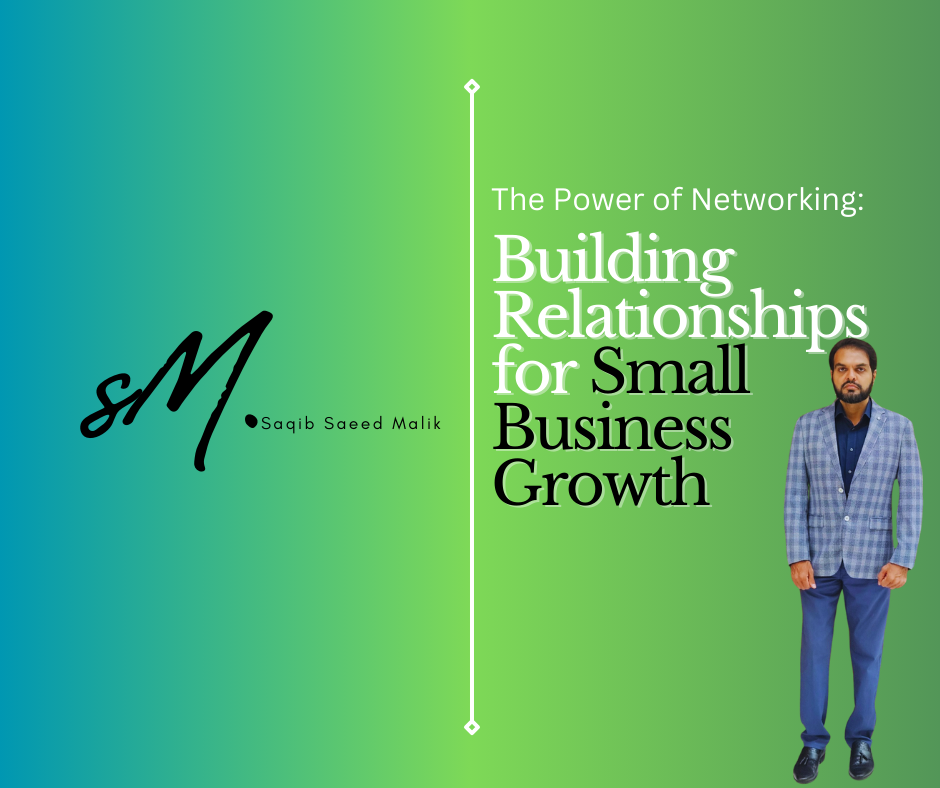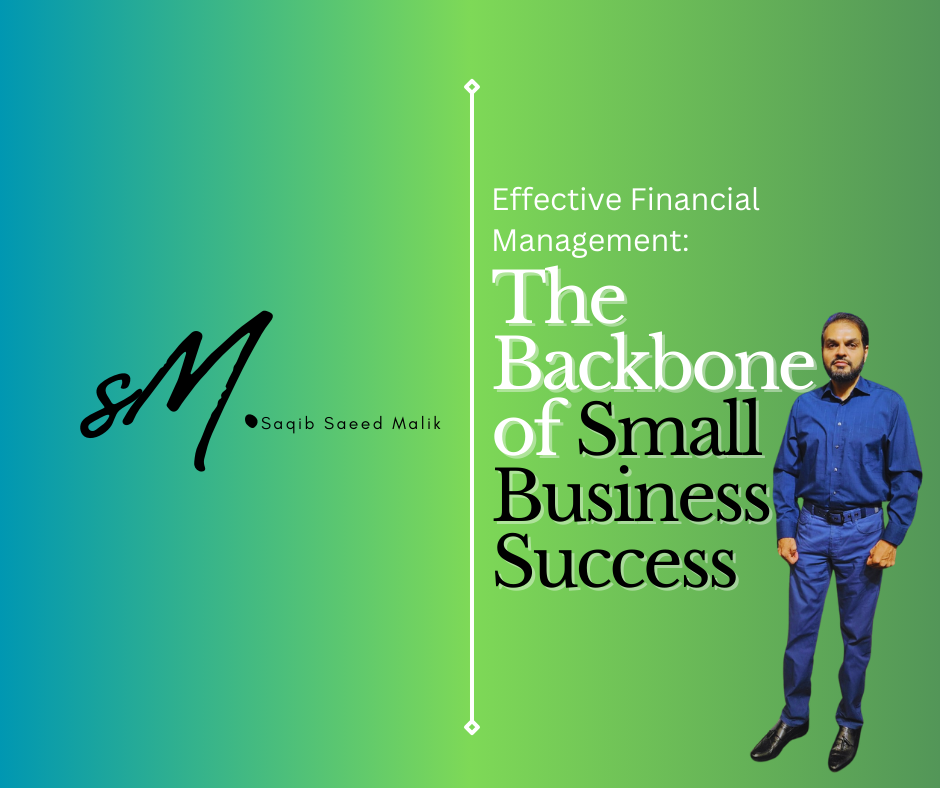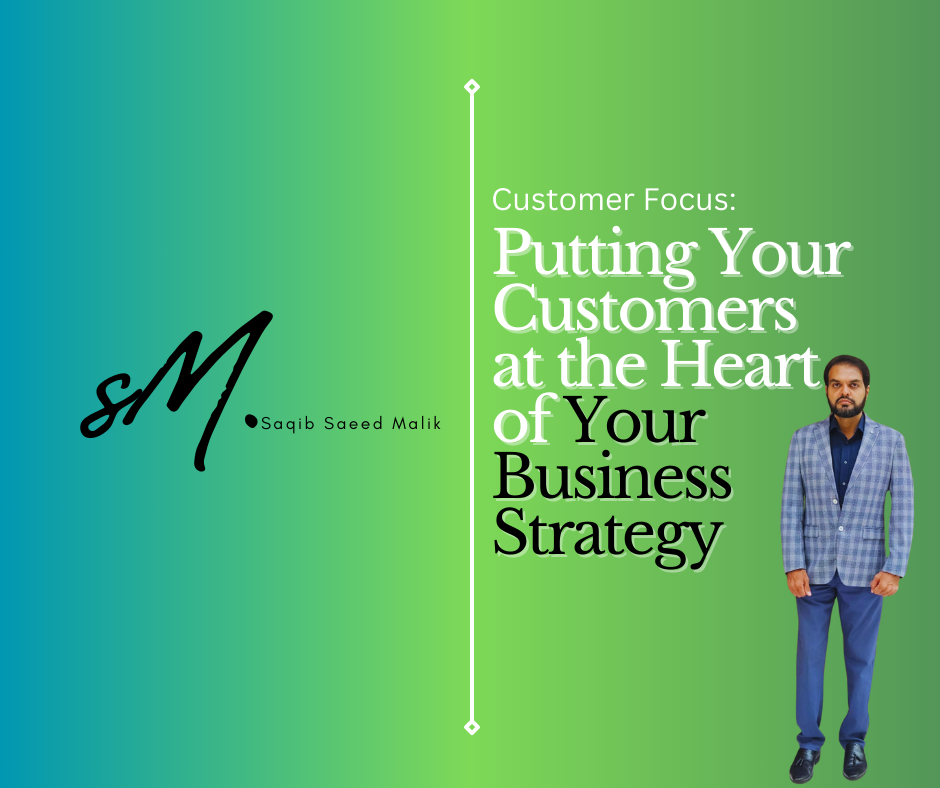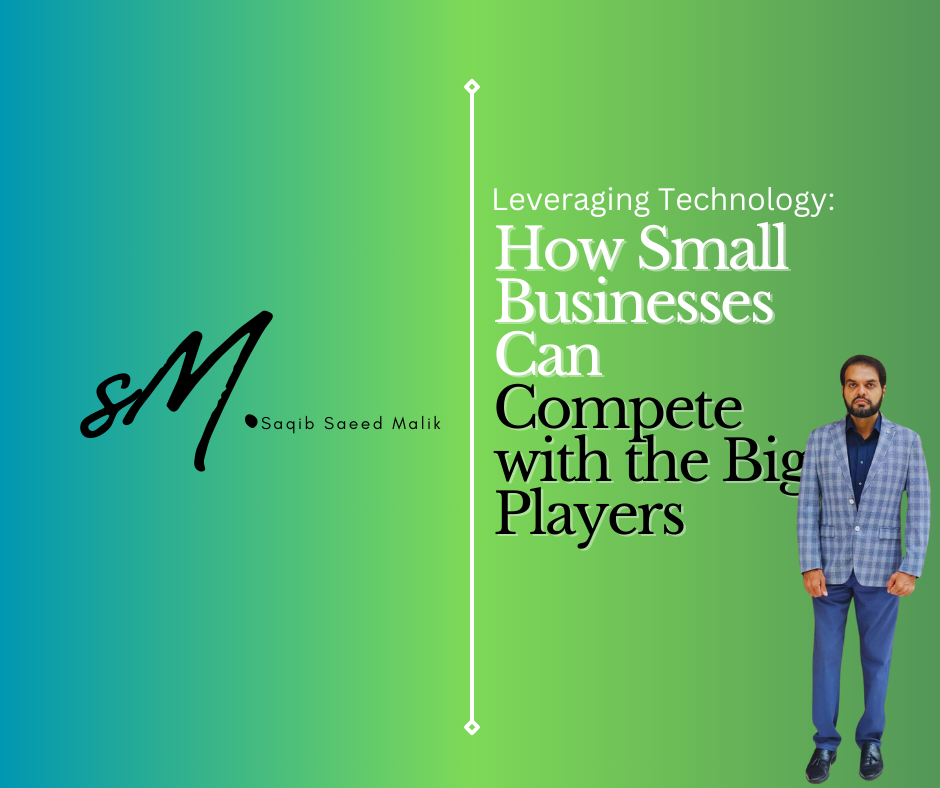In life, challenges are inevitable. However, it’s during the hard times that we truly discover our resilience. When faced with adversity, we often find a wellspring of inner strength that we never knew existed. This resilience is not just about enduring hardship but learning to thrive despite it. The process of overcoming challenges fortifies our mental and emotional core, making us more capable of handling future obstacles with greater ease.
Resilience is built gradually, through each setback and difficulty. It’s in these moments of struggle that we learn the most about ourselves. We learn to adapt, to find new ways of thinking and problem-solving, and to keep moving forward even when the path seems unclear. This resilience is a crucial skill, not just in personal life but in professional settings as well. In the business world, resilience can mean the difference between giving up in the face of failure and pushing through to achieve success.
Hard times also teach us patience and persistence. When things don’t go as planned, it’s easy to feel discouraged, but resilience is about staying the course, trusting the process, and believing that better days are ahead. The ability to bounce back from adversity is a testament to the human spirit, and it’s during these challenging times that our resilience is truly tested and strengthened.


